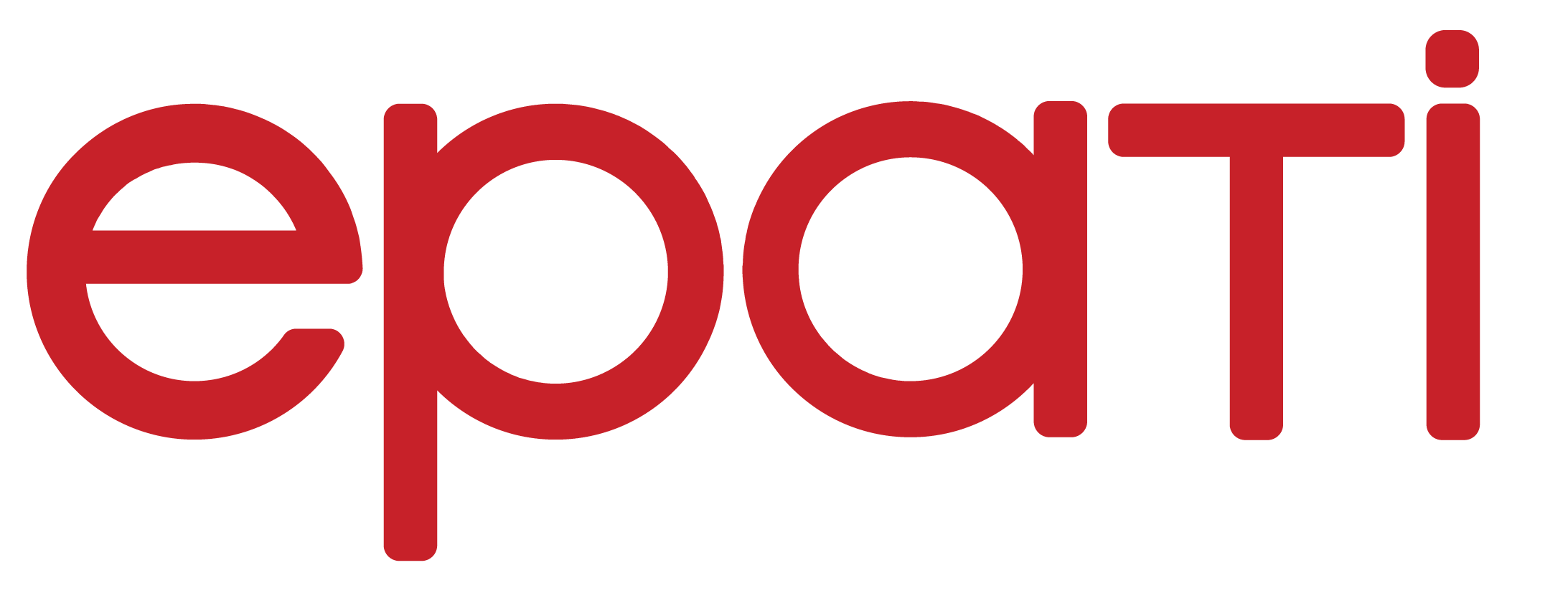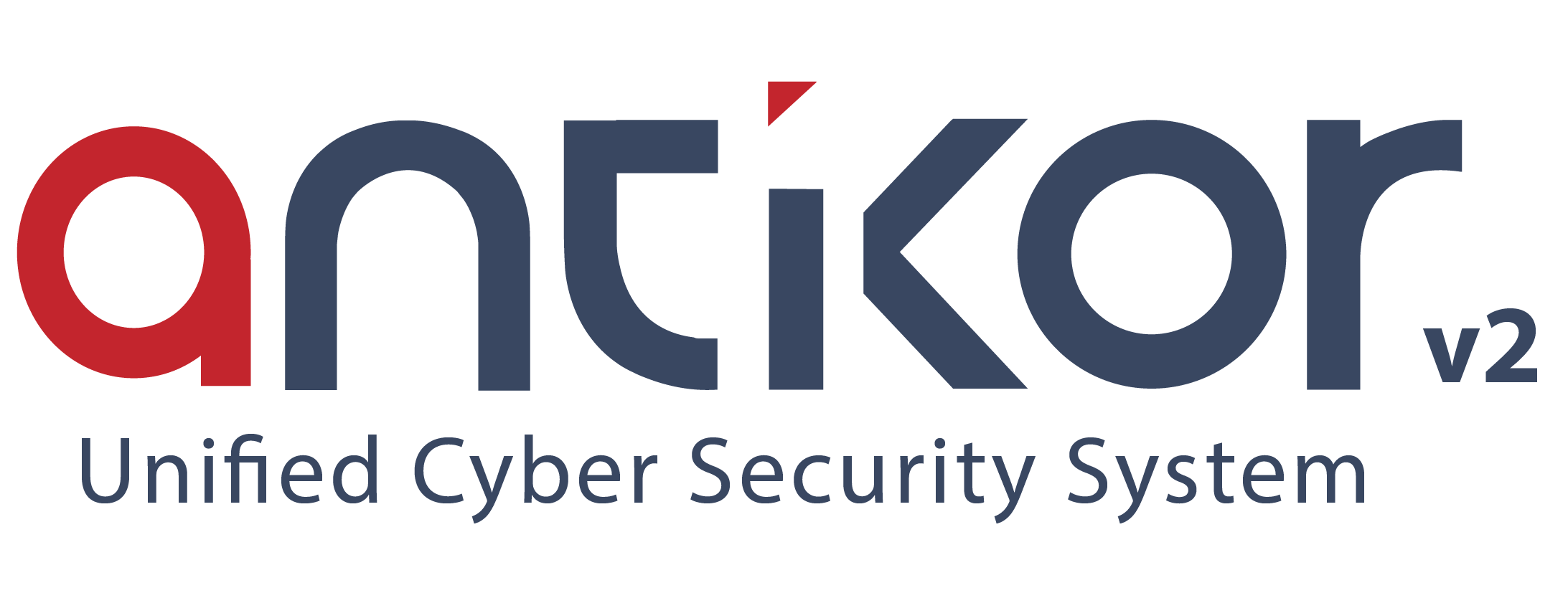Syslog Settings
The server is the partition where the server/servers to register the system logs are added. It supports 40 different log types and 7 different log formats. It can be transmitted to the log collector or SIEM in the preferred raw or structural log formats.

To choose log type, server IP, log port, priority, and application name to monitor logs click on Add button.



| FIELD | DESCRIPTION |
|---|---|
Status |
Select status of the record. (Active or Passive) |
Description |
Description of Syslog Setting is written. |
Log Types |
The log type is selected and the selected log type is sent to the Syslog server. |
Output Formats |
There are 7 different output formats on the Antikor that can be output related to syslog. One of these log formats is selected. |
Address Family |
Select IPv4 or IPv6. |
Server Address |
Enter IP addresses of server where logs are stored. |
Protocol |
This is the field where the protocol used to send logs is selected. |
Port |
Enter port number to be used by the log. |
Output Formats
| FIELD | DESCRIPTION |
|---|---|
Raw Log |
It is the format in which the incoming data is sent raw without being processed. |
CEF (Common Event Format) |
The common event format (CEF) ArcSight is a log and control file format. It is an extensible, text-based format that is designed to solve multiple device types by providing the most needed information. |
EWMM (Enterprise Wide Message Model) |
It is a set of published enterprise-wide standards that allow organizations to send semantically precise messages across computer systems. |
GELF (Graylog Extended Log Format) |
The Graylog extended Log format (GELF) is a unique log format created to address all the shortcomings of the classic flat syslog. This enterprise feature lets you collect structured events from anywhere and then compress. |
JSON (Javascript Object Notation) |
JSON (JavaScript object representation) is a lightweight data interchange format. It’s easy for people to read and write. Machines are easy to parse and produce. |
WELF (WebTrends Enhanced Log File Format) |
The WELF Reference defines the Webtrends industry standard log file interchange format. |
CIM (Common Information Model) |
The common information Model (CIM) is an open standard that defines how managed elements in an IT environment are represented as a common set of objects and relationships between them. |
ePati Cyber Security Co.

Mersin Üniversitesi Çiftlikköy Kampüsü
Teknopark İdari Binası Kat:4 No: 411
Posta Kodu: 33343
Yenişehir / Mersin / TURKEY
Web: www.epati.com.tr
e-Mail: info@epati.com.tr
Tel: +90 324 361 02 33
Fax: +90 324 361 02 39

